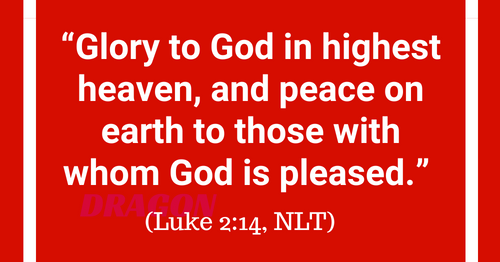That Time I Burned Out and Almost Moved to Tahiti
“I’m worried about you.”
My friend’s voice was soft, but her tone was intense. Much like my life felt. Intense.
“You’ve lost the ability to relax. You’re totally stressed. You’re physically present but emotionally out of it.”
Internally, I began my usual round of excuses. It’s just a season. Life will slow down after XYZ…I’ll show them I can handle it all…
But deep down, I knew there was no ‘after,’ no ‘season’ with a definite end. Running myself to the ground had become my practice, my way of life. Now that way of life was impacting others. I could no longer continue this path and expect to maintain any level of physical, emotional, spiritual or relational health.
Nor did I want to. The weeks (months?) leading up to this conversation were riddled with anxiety, irritability, and an increased desire to chuck it all and move to Tahiti.
Instead, I began researching burnout.
Burnout is a multifaceted condition comprised of three primary aspects:
(1) emotional exhaustion, (2) depersonalization, and (3) reduced personal accomplishment.[1]
In other words, the demands of work and life lead to a prolonged period of stress that leaves one spent and detached, with a decreased desire or capacity to complete the work in front of them.
One researcher puts it this way: burnout is “energy depletion without commensurate renewal.”[2] Others describe it as “an erosion of the human soul.”[3]
Though the factors contributing to burnout are varied and complex,[4] behaviorally, some habitual trends have emerged. Christian leaders who have experienced burnout point to three areas of neglect in their lives.
- They neglected their rest.
- They neglected their people.
- They neglected their means of connecting with God.
Rest. Not just physical rest, though that’s certainly included. Leaders who had experienced burnout also neglected activities that were restful – good for the soul. Under the mantle of selflessness, they denied themselves the “luxury” of leisure time.
People. Often, burned-out leaders didn’t neglect the people they were ministering to. Rather, they neglected two other categories: 1) their own families, and 2) the people who could minister to them.
Means of Connecting with God. This one’s obvious, but tricky. For those in ministry, it’s tempting to confuse doing for God with being with God. In Chandler’s 2008 study on pastoral burnout, spiritual dryness “emerged as the primary predictor of emotional exhaustion, the stress dimension of burnout.”[5]
Years prior to this study, Frank Minirth wrote:
Often, when one feels the pressure of burnout, the first thing to be eliminated is the time for personal reflection, meditation, and spiritual devotion. The pressures of a busy schedule, couple with an increasing inability to keep up, crowd out a time for meditating on the Word….Perhaps, then, decreased times of spiritual devotion should be the first warning sign of a potential burnout victim.[6]
So – how are leaders to cultivate these areas when the demands of life and ministry just keep coming? Taking some time to intentionally reflect on the following questions could be a starting point.
Rest.
- What is truly restful for you? What activities are restorative, rejuvenating? What engages your creativity and delight? Do you feel the freedom to engage in these activities?
- Do you feel you have a healthy rhythm of work and rest?
- Do you have a regular time of Sabbath?
- How is your health? Sleep, Nutrition, Exercise?
People.
- Who is in your corner? Do you have a mentor? Friends with whom you can be authentic?
- How are you intentionally nurturing your relationships?
- How do you treat those closest to you when you are under stress?
Means of Connecting with God.
- What practices serve to nurture your spiritual life?
- When you get busy, do these practices slide?
Of course, you can always consider a jaunt to Tahiti. Perhaps some extended time away is exactly what God is asking of you.
[1] Christina Maslach and S.E. Jackson, “The Measurement of Experienced Burnout,” Journal of Occupational Behavior.
[2] Diane J. Chandler, “Pastoral Burnout and the Impact of Personal Spiritual Renewal, Rest-taking, and Support System Practices,” Pastoral Psychology
[3] Christina Maslach and Michael Leiter, The Truth About Burnout
[4] Factors contributing to burnout will be explored in a future blog post.
[5] Chandler, “Pastoral Burnout”
[6] Frank Minirth, Don Hawkins, Paul Meier, and Richard Flournoy, How to Beat Burnout: Help for Men and Women.



